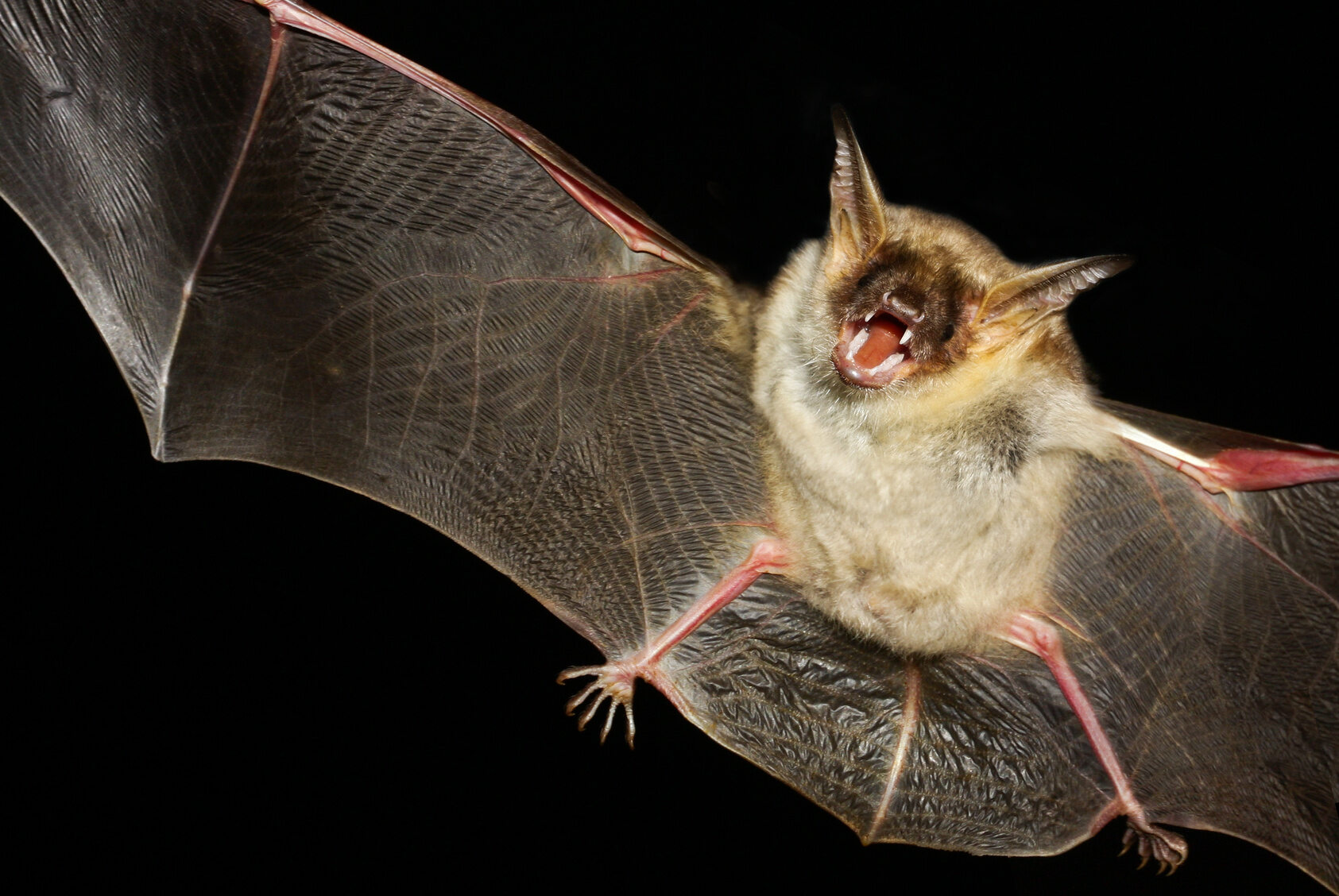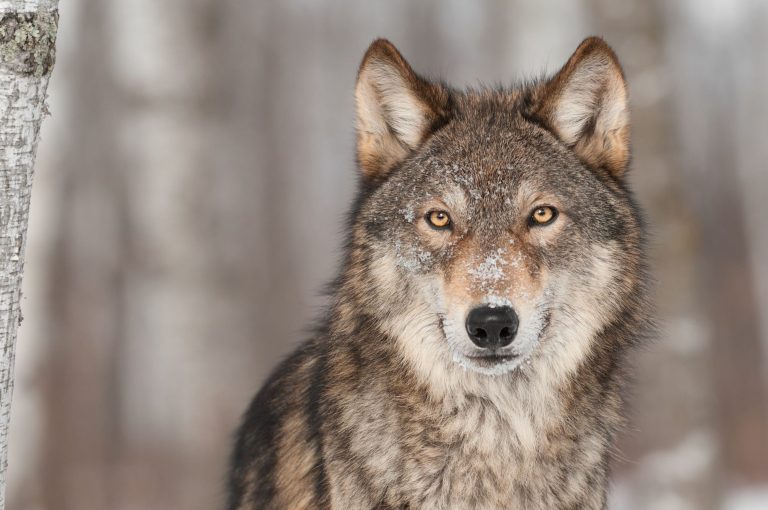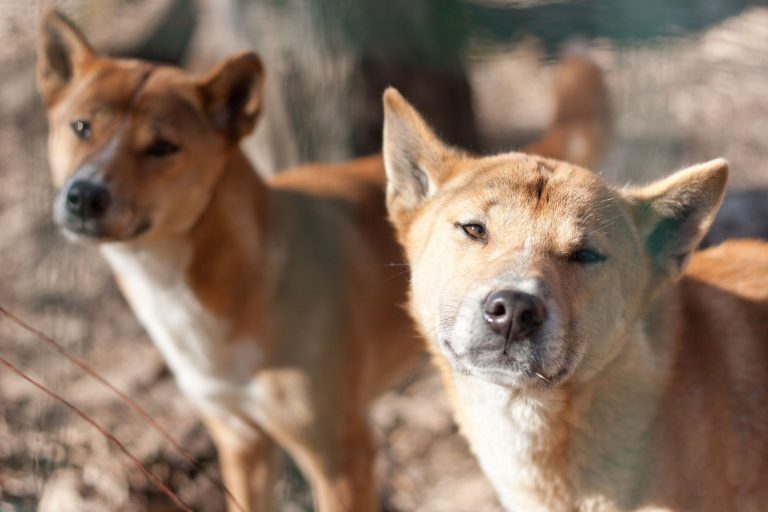WWF: Protecting wildlife can prevent further zoonotic disease outbreaks

Cruel treatment of animals has an impact on human safety. Protecting wildlife can prevent further epidemics of zoonotic diseases, such as coronavirus infections, argues WWF, citing scientific research and data from world organizations.
“Wet” markets are places where you can buy both live animals and raw meat. Tight cages in which different species of animals are mixed stand one on top of the other. The animals hurt each other and are dirty with excrement. In such conditions, the risk of disease transmission between animals and from animals to humans is very high. Illegal markets for live and dead wildlife are common in many Asian countries. Epidemics of zoonotic diseases show that cruel treatment of animals has an impact on human safety.
“Over 200 thousand infected in over 170 countries around the world within 3 months. This is the current balance of the novel coronavirus epidemic. SARS-CoV-2 was not the first. However, neither the SARS epidemic nor bird flu were sufficient warnings for people to tighten the law on trade in exotic species around the world,” WWF experts write in a statement sent to PAP.
According to data cited by WWF, the global wildlife trade industry is worth between USD 7 and 23 billion annually. It is the fourth largest global illegal trade after drugs, human trafficking and counterfeits (counterfeit money and documents).
Innocent bats
Birds or mammals may be carriers of coronaviruses. People can get infected from them. The first cases of the new virus were detected in the Chinese city of Wuhan in December 2019. In early January, SARS-Cov-2 was identified as a type of coronavirus and human illnesses were linked to a local market. After the outbreak of the coronavirus epidemic, China made “the decision to completely ban the illegal trade in wildlife and eliminate the consumption of wild animals in order to protect human life and health.” However, WWF emphasizes that the ban is temporary and the number of species that will be protected, the method of supervising compliance with the regulations, and the way to ensure people’s safety and health have not yet been determined.
As WWF experts explain, research suggests that the new coronavirus did not pass directly from bats to humans, but could be transmitted to humans by an intermediate host. A study published on February 3 found that only 96 percent shared the bat coronavirus. its genetic material with the virus that causes COVID-19.
We still know little about how the new coronavirus spread to humans. It was thought that pangolins (placental mammals) were the intermediate link for the virus between bats and humans. Samples of these animals from illegal trade were tested, but the coronavirus present in their bodies also shows only a similarity between 85.5% and and 92.4 percent from the genome of the SARS-Cov-2 virus from the human body.
Wild business
“Regardless of the outcome of subsequent analyses, neither bats nor pangolins are to blame for the current situation. Pangolins are one of many species in the world that are on the verge of extinction due to poaching. They are increasingly becoming victims of illegal wildlife crime – mainly in Asia and Africa, where they are killed for their meat and scales. Every year, 400,000 people fall victim to illegal trade in the forests of central Africa alone. up to 2.7 million of these animals,” WWF estimates.
Naturalists remind that SARS-Cov-2 was not the first. The World Health Organization (WHO) indicates zoonotic diseases as a significant percentage of all newly identified and existing infectious diseases.
In the years 2003-2006, the world trembled in fear of bird flu, i.e. the H5N1 virus. The main outbreak of the disease was in China, and the virus began to spread in Asia. He reached Poland in 2006. However, in the case of H5N1, infection occurred only through contact with birds or their feces. The epidemic was quickly brought under control thanks to the implementation of appropriate hygiene regulations.
A more serious epidemic was the SARS virus in 2002-2003, which passed to humans from bats, which are easy to find in every Asian market. In this case, infection occurred not only through contact with an animal, but also through contact with an infected person. This time, however, the epidemic spread mainly in Asia, with only a few cases reported outside of it.
“In the wake of the SARS epidemic, regulations on illegal wildlife trade have been tightened. Unfortunately only for a few months. As you can see, history repeats itself, but this time we are dealing with a different scale of infections. The case of the SARS-CoV-2 coronavirus is another warning for us,” WWF experts say.
In their opinion, in times of great mobility and living in a “global village”, it is easy to link the lack of appropriate regulations regarding the protection of wild nature and their enforcement at a “wet” market in one of the Asian provinces with the closure of a school in Poznań, an office in Szczecin or a nursery in commune near Warsaw.
WWF’s analysis is based on research source materials.
PAP – Science in Poland





